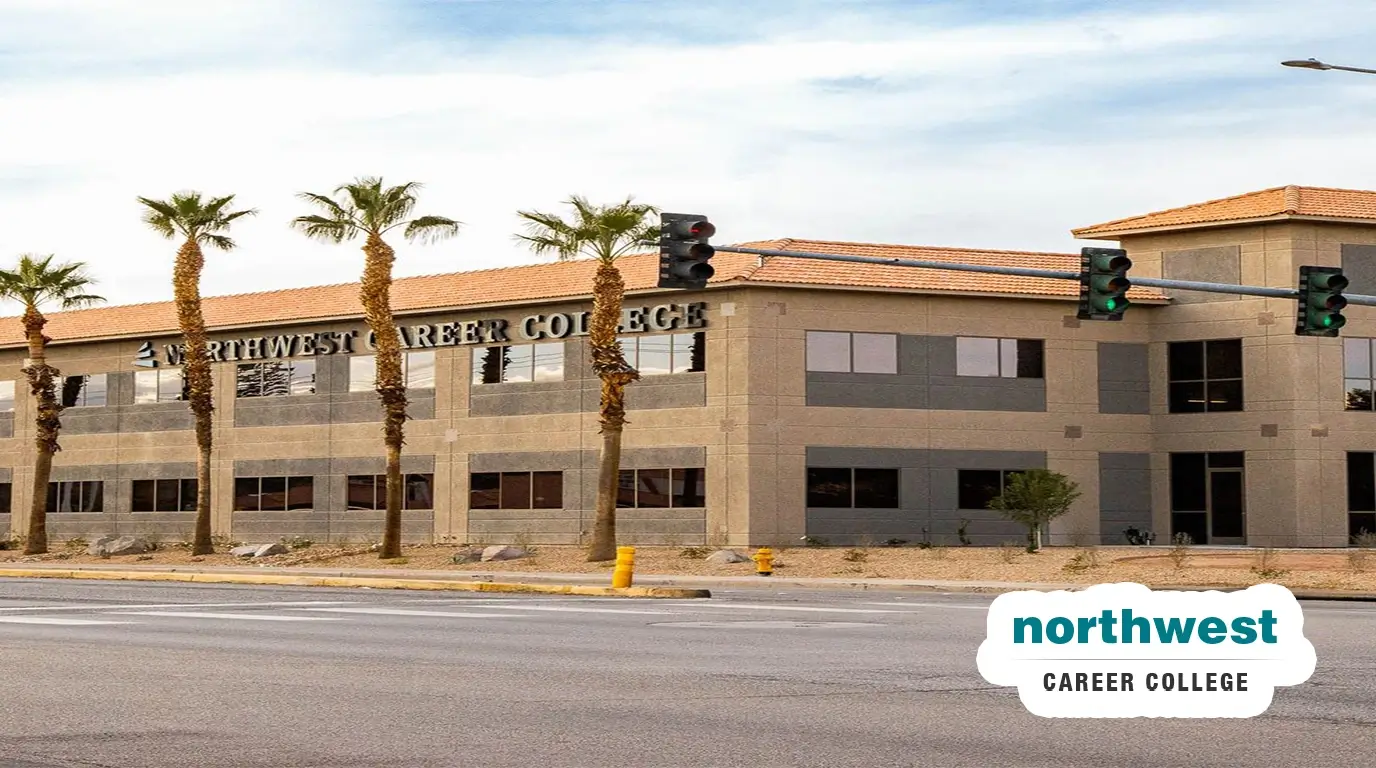Becoming a Paralegal in Arkansas – Your State-Specific Guide
Hey there—ever wondered if you could dive into a legal career in Arkansas without spending years in law school? Becoming a paralegal in Arkansas might just be your ticket. It’s a role that’s growing, offers solid opportunities, and lets you work right in the heart of the legal world, supporting attorneys and making a real difference. I’ve spent years in this field—first as a paralegal myself, then guiding others into the profession—and I’m here to walk you through what it takes to get started in the Natural State. This isn’t some generic rundown; it’s a deep dive tailored specifically to Arkansas, packed with data, insights, and practical advice to help you chart your path.
So, let’s unpack it all—education, certifications, job prospects, salaries, and more. Whether you’re in Little Rock or Fayetteville, this guide’s got you covered.
Introduction: Why Consider a Paralegal Career in Arkansas?
Picture this: Arkansas’s legal scene is buzzing. With big players like Walmart headquartered in Bentonville and law firms thriving in cities like Little Rock, paralegals are in demand to keep things running smoothly. These professionals are the backbone of legal teams—drafting documents, digging into research, and helping attorneys prep for court. It’s a career that blends challenge with reward, and in Arkansas, it’s wide open for anyone willing to put in the work.
What’s great about becoming a paralegal in Arkansas is that you don’t need a law degree to get started, and the state’s legal landscape offers a mix of opportunities—from corporate offices to small-town practices. In this guide, I’ll break down everything you need to know, from education options to the job market, all with an Arkansas twist. Ready to explore? Let’s get into it.
Paralegal Definition and Regulation in Arkansas
Does Arkansas Legally Define “Paralegal“?
Here’s the deal: Arkansas doesn’t have a fancy, official definition of “paralegal” carved into state law. Instead, it leans on a practical approach. The Arkansas Rules of Professional Conduct (Rule 5.3, if you’re curious) talk about “paraprofessionals”—folks like paralegals—who assist lawyers under their supervision. The state sees you as someone qualified by education, training, or experience to handle substantive legal work, but always with an attorney calling the shots. No specific title or rigid box—just a focus on what you do.
Are There Any State Regulations for Paralegals in Arkansas?
Nope, no state-mandated licensing or certification here. Arkansas keeps it simple: there’s no requirement to flash a paralegal badge to work in the field. You won’t find a state bar overseeing a mandatory credentialing process either. That said, if you’re working under an attorney, you’re tied to their ethical standards. They’re responsible for your actions, so you’ve got to play by the same rules of confidentiality and professionalism they do. Some folks opt for voluntary national certifications (more on that later), but in Arkansas, it’s not a must—it’s a choice.
Key Takeaway
- Arkansas doesn’t regulate paralegals with licenses or state-specific credentials, but you’ll work under an attorney’s supervision, following their ethical playbook.
Education Requirements and Recommended Programs in Arkansas
Are There Specific Educational Requirements in Arkansas to Become a Paralegal?
Alright, let’s clear this up: Arkansas doesn’t legally demand a degree to call yourself a paralegal. That’s the state’s hands-off approach for you. But here’s the real talk—most employers? They’re not hiring without some education under your belt. An Associate’s degree in paralegal studies is the sweet spot for entry-level gigs, though a Bachelor’s can give you an edge, especially in bigger firms. Certificate programs are also a solid option if you’ve already got a degree in something else or just want a fast track.
What about ABA approval? The American Bar Association stamps some programs as top-tier, and while it’s not a requirement in Arkansas, it’s a gold star. Employers—especially at places like Friday, Eldredge & Clark LLP in Little Rock—often prefer candidates from ABA-approved schools. It’s a sign you’ve got the skills they trust.
Recommended Paralegal Education Programs in Arkansas
If you’re serious about this, Arkansas has some standout options. Here’s a rundown of programs worth checking out:
- NorthWest Arkansas Community College (NWACC) – Bentonville: This one’s ABA-approved, offering an Associate of Applied Science (AAS) in Paralegal Studies. It’s a 62-64 credit program that mixes legal know-how (think torts and contracts) with hands-on skills like legal research. They’ve got internships, too, which is huge for getting your foot in the door. Perfect if you’re in the northwest corner of the state.
- University of Arkansas at Fort Smith (UAFS): Another ABA-approved gem, this AAS in Paralegal Studies is built for real-world prep. You’ll take classes like Real Estate Law and Family Law, and they offer night courses—a lifesaver if you’re juggling work. Plus, their internship placements (think U.S. Attorney’s Office) can kickstart your network.
- University of Arkansas-Pulaski Technical College (UAPTC) – North Little Rock: This AAS in Paralegal Technology is 61 credits and dives into practical stuff—drafting docs, legal writing, litigation. They also offer shorter certificate programs if you’re looking for a quick pivot into the field.
- National Park College – Hot Springs: A Technical Certificate in Paralegal Studies here is a lean, focused option. It’s less about general ed and more about getting you job-ready fast.
Online Paralegal Programs for Arkansas Residents
Not near a campus? No sweat. Online programs are a game-changer for flexibility. Schools like Post University or Purdue Global offer paralegal certificates and degrees you can tackle from anywhere in Arkansas. They’re not Arkansas-specific, but they’re respected nationwide and can prep you for national certifications. If you’re balancing a job or family, this might be your move.
Key Takeaways
- No mandatory education, but an Associate’s or certificate is the baseline most Arkansas employers expect.
- ABA-approved programs (like NWACC and UAFS) can boost your resume.
- Online options give you flexibility without leaving Arkansas.
Paralegal Certification and Credentials in Arkansas
Is State-Specific Paralegal Certification Available or Mandatory in Arkansas?
Let’s keep it short: Arkansas doesn’t offer or require a state-specific paralegal certification. You won’t find a “Certified Arkansas Paralegal” stamp anywhere. It’s all voluntary here, and the state leaves it up to you to decide if you want to level up with credentials.
Nationally Recognized Certifications Relevant in Arkansas
Even without a state mandate, national certifications can make you stand out in Arkansas’s job market. Here are two big ones:
- NALA’s Certified Paralegal (CP): This is the gold standard. Pass their exam, and you’ve got a credential that screams competence. In Arkansas, firms like Mitchell Williams in Little Rock love seeing this—it shows you’re serious.
- NFPA’s CORE Registered Paralegal (CRP): Another solid pick. It’s less common but still respected, focusing on core skills that translate anywhere, including Arkansas.
Benefits of Certification in Arkansas
Why bother? First, it’s a credibility boost—think of it as a shiny badge that says, “I know my stuff.” Second, it can bump your paycheck. Certified paralegals in Arkansas often earn more than their non-certified peers, especially in competitive spots like Fayetteville or Bentonville. Plus, it opens doors to career growth—maybe even a senior paralegal gig down the line.
Key Takeaways
- No state certification exists or is required in Arkansas.
- National options like NALA’s CP or NFPA’s CRP can set you apart.
- Certification means better pay, credibility, and advancement potential in Arkansas.
Paralegal Associations in Arkansas
List State-Level Paralegal Associations in Arkansas
Networking’s a big deal in this field, and Arkansas has some groups to help you connect:
- Arkansas Paralegal Alliance (APA): Been around since 1983, this crew hosts regional meetings, an annual convention, and continuing education. It’s a hub for paralegals statewide.
- Arkansas Paralegal Association (ArPA): Focused on promoting the profession, they offer job postings and educational events. They’re all about inclusion, too—student members welcome.
Benefits of Joining a Paralegal Association in Arkansas
Joining up gets you access to workshops, job boards, and a room full of people who get what you do. I remember my first APA meeting—met a paralegal from Jonesboro who tipped me off to an opening that became my first big break. Plus, you’ll stay sharp with continuing legal education (CLE) credits, which can tie into certification renewals.
Key Takeaway
- Associations like APA and ArPA are your go-to for networking, jobs, and staying current in Arkansas’s paralegal scene.
Job Market Outlook and Salary for Paralegals in Arkansas
Current Job Market for Paralegals in Arkansas
Arkansas’s paralegal market is steady with room to grow. As of May 2023, the Bureau of Labor Statistics (BLS) pegged employment at around 2,160 paralegals statewide. Little Rock’s the hotspot—home to firms like Wilson & Associates—but don’t sleep on Fayetteville or Bentonville, where corporate legal departments (hello, Walmart) need talent too. The mix of urban and rural opportunities means you’ve got options.
Average Paralegal Salary in Arkansas
Money-wise, Arkansas paralegals averaged $49,392 annually in 2024, per ZipRecruiter—about $23.75 an hour. Entry-level starts closer to $39,700 (25th percentile), while top earners (90th percentile) pull in $66,152. Compare that to the national median of $60,970 (BLS, 2023), and it’s lower, sure—but Arkansas’s cost of living is a bargain. In Little Rock, you might nudge closer to $50K; in smaller towns, it could dip below $40K. Experience, certification, and specialization (like corporate law) can push you higher.
Job Growth Projections for Paralegals in Arkansas
The outlook’s promising. Projections Central estimates a 12% growth rate for paralegal jobs in Arkansas through 2030—faster than the national 4% clip. That’s about 250 new jobs over the decade, fueled by law firms leaning on paralegals to cut costs and handle more work. With Arkansas’s lawyer count jumping 22.8% from 2011-2021 (per the ABA), the need for support staff is climbing too.
Key Takeaways
- Arkansas has a stable paralegal job market, strongest in Little Rock and northwest hubs.
- Average salary hovers around $49K, with top earners hitting $66K+.
- Job growth looks strong at 12% through 2030—plenty of opportunity ahead.
Key Takeaways: Steps to Becoming a Paralegal in Arkansas
Here’s your roadmap to becoming a paralegal in Arkansas, straight and simple:
- Research paralegal programs in Arkansas—start with NWACC, UAFS, or UAPTC.
- Pick your education path: Associate’s, Bachelor’s, or a certificate.
- Consider ABA-approved programs for a resume boost.
- Explore national certifications like NALA’s CP to stand out.
- Join Arkansas paralegal associations (APA, ArPA) for networking and resources.
- Kick off your job search, targeting Arkansas’s legal hotspots like Little Rock or Bentonville.




